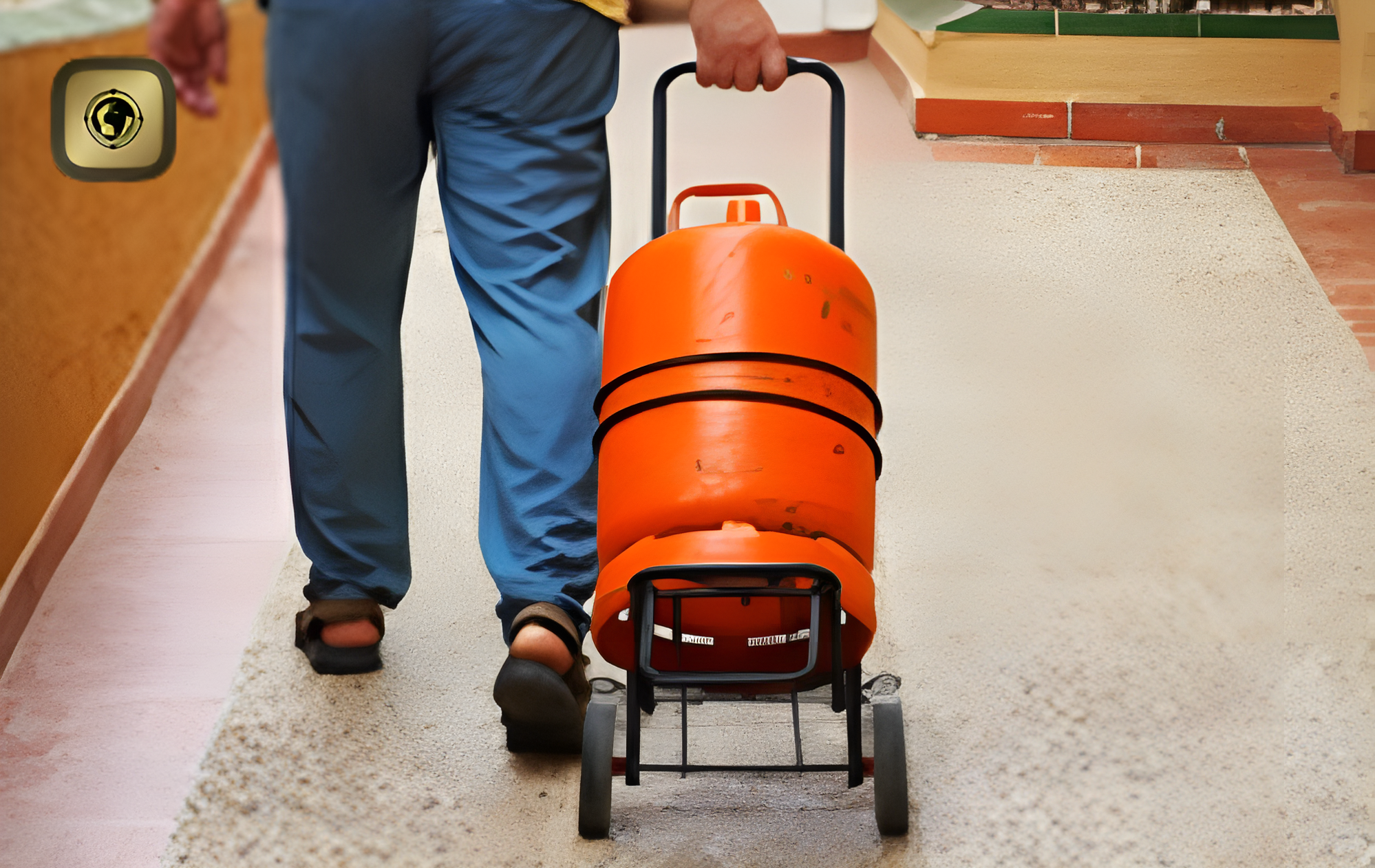March 31, 2025
- Gas cylinders are vessels utilized for the storage and transportation of compressed gases. They are frequently seen in households for purposes such as cooking, heating water, and operating appliances including gas grills and heaters. Although these cylinders are handy, they also carry significant risks if not properly handled or taken care of. Hence, it is vital to emphasize safety precautions concerning gas cylinders when utilizing them at home.
Types of Gas Cylinders
Gas cylinders exist in various forms, each intended for certain gases and uses. Common varieties consist of:
• Propane Cylinders:
These are used for outdoor grilling, heating, and camping stoves. You typically encounter them during barbecues or while camping.
• Butane Cylinders:
These are utilized in portable stoves and lighters, such as those you use for camping or lighting candles.
• Acetylene Cylinders:
These are employed for welding and cutting metals, like during the repair of metal fences or the creation of sculptures.
• Oxygen Cylinders:
These units are crucial for medical purposes, such as aiding individuals in breathing when they are unwell, and are also significant for welding metal together.
Recognizing the type of gas contained in a cylinder is key for safe handling and usage.
Potential Hazards
Gas cylinders present numerous hazards if not managed correctly:
• Gas Leaks:
Leaking gas poses risks of fires, explosions, or suffocation.
• Improper Storage:
Cylinders kept improperly can become damaged or unstable.
• Physical Hazards:
Mishandling heavy cylinders can result in injuries or property damage.
• Combustion Risks:
Gas cylinders positioned near flames or heat sources heighten the likelihood of fires.
• Corrosion:
Rusted or corroded gas cylinders may fail to operate effectively, which can be perilous.
• Tampering:
It is essential not to interfere with the valves or components of the cylinder, as this could lead to leaks or other complications.
• Overfilling:
Filling a cylinder excessively can lead to bursting or leaking, thus it is important to adhere to the directions.
• Poor Ventilation:
Utilizing gas cylinders in confined spaces without adequate airflow can result in respiratory issues or even fainting.
• Ignoring Warning Signs:
Cylinders may exhibit warning signs, such as unusual odors or hissing noises. These signs should never be disregarded and must be reported immediately.
Being cognizant of these hazards is the initial measure in preventing accidents.
Gas Cylinder Safety Precautions
To maintain safety while using gas cylinders at home, consider the following precautions:
1. Proper Ventilation:
Always utilize gas cylinders in areas with good ventilation to avoid gas accumulation.
2. Secure Storage:
Store cylinders upright in a dry, well-ventilated location, away from heat sources and flammable materials.
3. Handle with Care:
Lift cylinders gently to prevent dropping or harming them.
4. Check for Leaks:
Prior to use, examine cylinders for leaks by applying a soapy solution to connections and valves. Bubbles signify leaks.
5. Use Correct Equipment:
Use only equipment made for the specific type of gas and comply with manufacturer guidelines.
6. Turn Off Valves:
After each utilization, securely close cylinder valves to avert gas leaks.
7. Emergency Preparedness:
Be knowledgeable about shutting off the gas supply in instances of leaks or emergencies.
8. Keep Away from Flames:
Never operate gas cylinders in proximity to open flames or ignition sources.
9. Regular Inspections:
Periodically check cylinders for any damage, corrosion, or indications of wear.
10. Use Protective Gear:
When dealing with cylinders, ensure to wear suitable protective equipment such as gloves and safety goggles.
11. Invest in Fire Insurance:
Proper management of gas cylinders can lower the likelihood of fires, which is vital for sustaining fire insurance coverage.
Maintenance and Inspection
Frequent upkeep and examination of gas cylinders are crucial for safety. This encompasses:
1. Visual Inspection:
Assess cylinders for any signs of damage, rust, or corrosion.
2. Valve Inspection:
Confirm that valves are operating correctly and not leaking.
3. Pressure Testing:
Regularly test cylinders for pressure integrity in accordance with regulatory requirements.
4. Cylinder Labels:
Check cylinder labels to ensure they correspond to the stored gas and are current.
Regulatory Compliance
Following regulatory guidelines is essential for the safe handling of gas cylinders. Adhere to these regulations:
• Transportation Regulations:
Meet transportation standards when relocating or moving cylinders.
• Storage Regulations:
Store cylinders per local laws and guidelines to avert accidents.
• Disposal Regulations:
Properly dispose of empty or damaged cylinders, complying with local waste disposal regulations.
FAQs on Gas Cylinder Safety
1. How often should I inspect my gas cylinders?
Inspect cylinders routinely, at least once a month, and before every use for indications of damage or leaks.
2. What should I do if I detect a gas leak?
Swiftly evacuate the area, turn off the gas supply if it is safe to do so, and contact emergency services.
3. Can I store gas cylinders indoors?
Storing cylinders outdoors in a well-ventilated space away from heat sources and ignition risks is safer.
Conclusion
Safety concerning gas cylinders is critical when utilizing these vital household items. By comprehending the types of cylinders, identifying potential hazards, adhering to safety precautions, performing regular maintenance, investing in home insurance, and following regulatory guidelines, you can reduce risks and create a secure environment for you and your family. Always emphasize safety when managing gas cylinders at home.
In addition to these safety practices, it is also essential to educate everyone in the household on gas cylinder safety. By communicating what you have learned with your family, you can collaboratively ensure each other’s safety. Remember, safety is always the top priority when handling gas cylinders in the home.
Disclaimer: The information provided above is for illustrative purposes only. For further details, please consult the policy wording and prospectus prior to finalizing the sales.



Leave A Comment